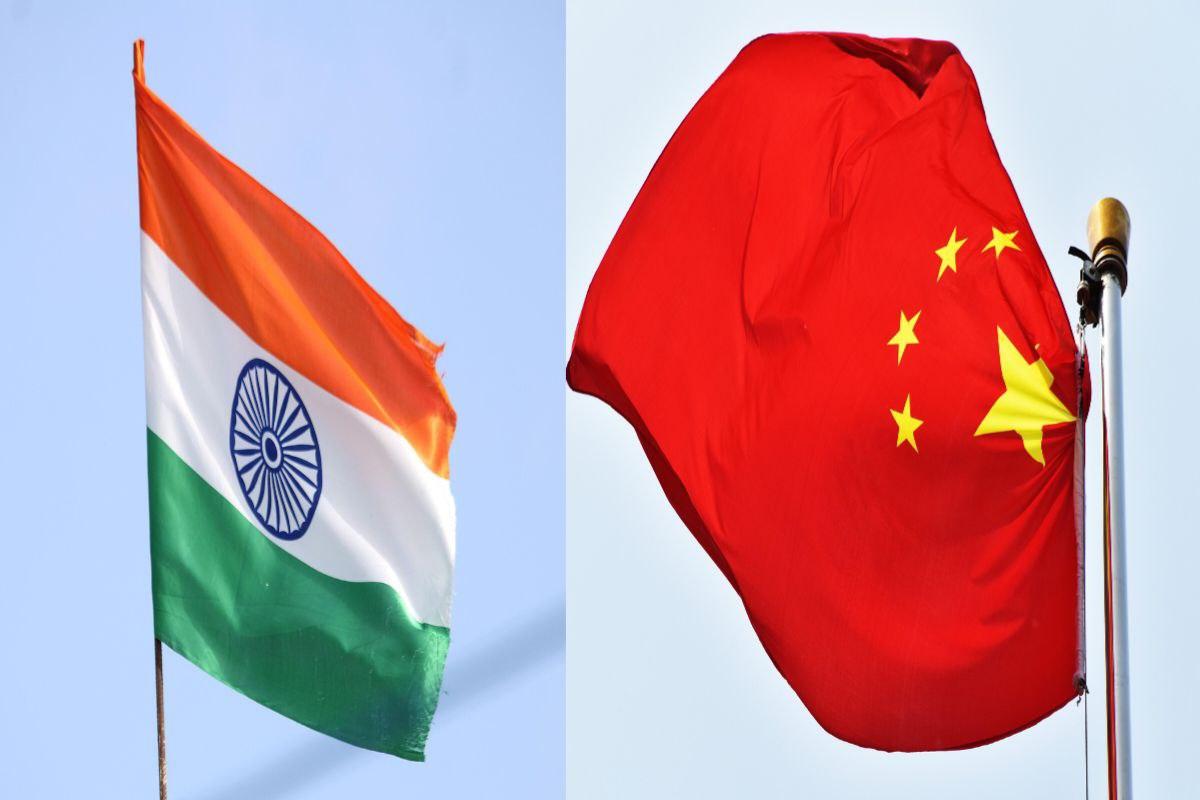
In a rare and assertive diplomatic statement, Arunachal Pradesh Chief Minister Pema Khandu has stirred global attention by directly challenging China's narrative regarding India's northeastern border. Known for its aggressive expansionist policies and relentless propaganda tactics, China has for years laid claim over Arunachal Pradesh, referring to it as "South Tibet". However, Pema Khandu’s latest remarks may very well turn the tide of this ongoing geopolitical dispute.
In an interview with PTI, Khandu decisively stated that Arunachal Pradesh shares its border with Tibet, not with China. This statement, although simple at face value, carries massive strategic and diplomatic implications. He didn't hesitate to correct the interviewer mid-question, saying, "Let me correct you. We share our border with Tibet, not China."
This declaration came at a crucial time — during renewed discussions around Tibet, partly triggered by comments from the current Dalai Lama regarding his next reincarnation possibly happening in a "free country", a clear reference to India. Khandu’s intervention may well be seen as India’s diplomatic narrative-countering move against China's repeated attempts to assert its control and legitimacy over the region.
Historically, Arunachal Pradesh shares a 1,200 km-long border with the Tibetan plateau, a fact that Pema Khandu emphasized multiple times during the interview. His breakdown of the state's international borders is as follows:
150 km with Bhutan
1,200 km with Tibet
550 km with Myanmar
By emphasizing the Tibetan connection, Khandu not only challenges Beijing’s legitimacy over Tibet but also resurrects the unresolved status of Tibet under international law. While acknowledging that Tibet is currently under Chinese control since China’s forceful annexation in 1950, he insisted that historically and culturally, Arunachal Pradesh bordered Tibet — not China.
This is not the first time such a diplomatic twist has made headlines. China, which consistently protests visits by Indian dignitaries to Arunachal Pradesh and objects to maps and names issued by India, has frequently renamed regions within Arunachal Pradesh to reinforce its territorial claims. But Khandu’s statement may have just dealt a heavy blow to that narrative.
China has long been using cartographic aggression — issuing unofficial maps, changing place names, and claiming territories without legal or historical backing. But now India seems ready to counter the information war with equally strong narrative-building.
While it remains to be seen whether the Indian central government will officially endorse Khandu’s statement, the geopolitical implications are already significant. His comment may prompt a response from Beijing, as similar remarks about the Dalai Lama’s reincarnation had previously drawn sharp reactions from the Chinese Communist Party.
This shift in narrative — from defensively denying China's claims to proactively challenging China’s control over Tibet — marks a new phase in India’s foreign policy strategy. Khandu’s statement doesn’t just defend Arunachal’s sovereignty; it also shines a spotlight on Tibet’s struggle, reminding the world of a historical truth that China seeks to erase.
In an era of global information warfare, where narratives can determine geopolitical realities, India appears to have launched its own counterattack on China’s propaganda machinery. Whether this marks the beginning of a new diplomatic approach by New Delhi remains to be seen. But one thing is certain — Pema Khandu's statement will not go unnoticed in Beijing.
Disclaimer:
This article is based on publicly available statements and media reports. The views expressed by individuals mentioned are their own and do not necessarily reflect the official stance of the Government of India. The content is intended for informational purposes only and does not aim to provoke or escalate geopolitical tensions.




